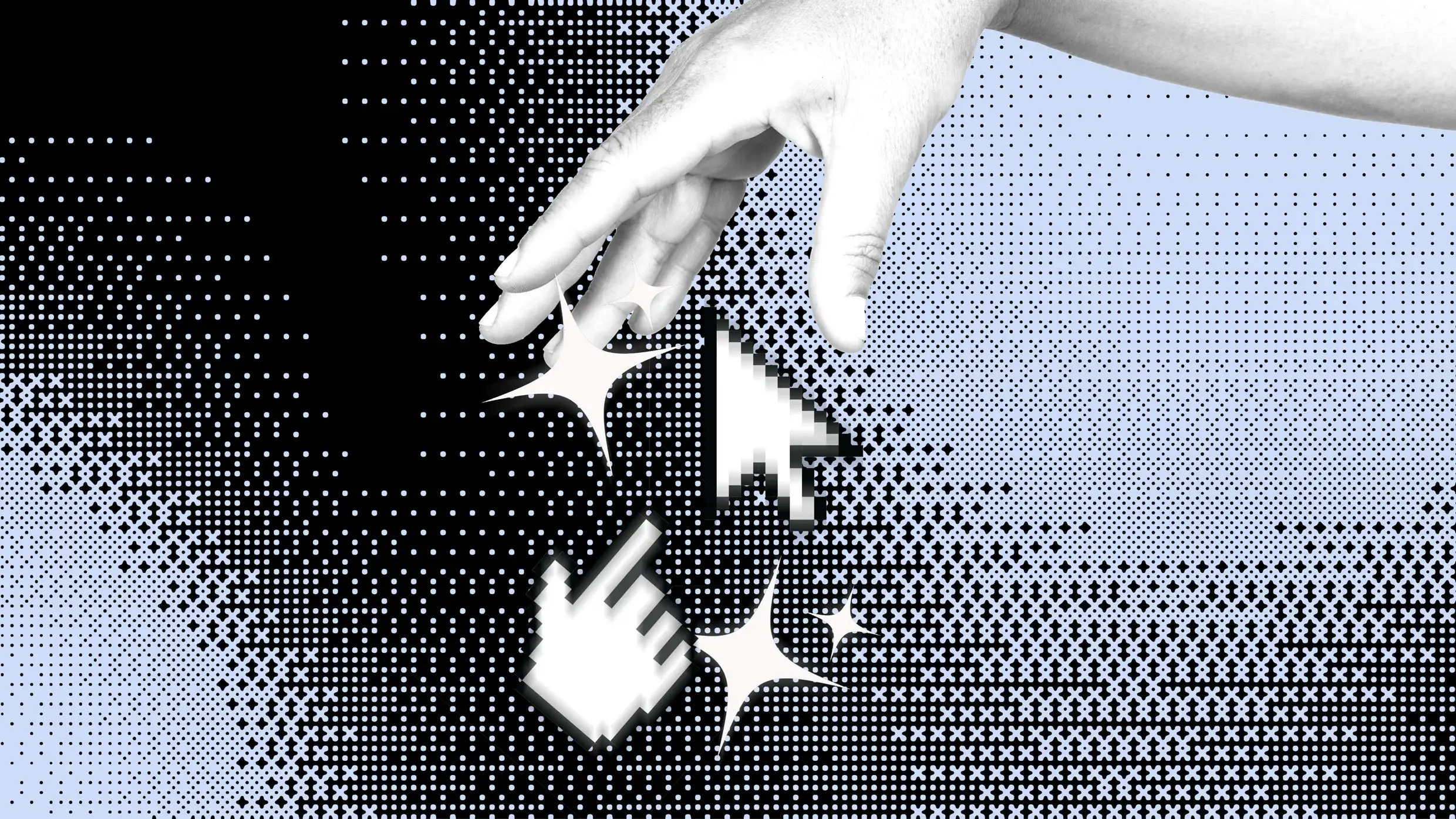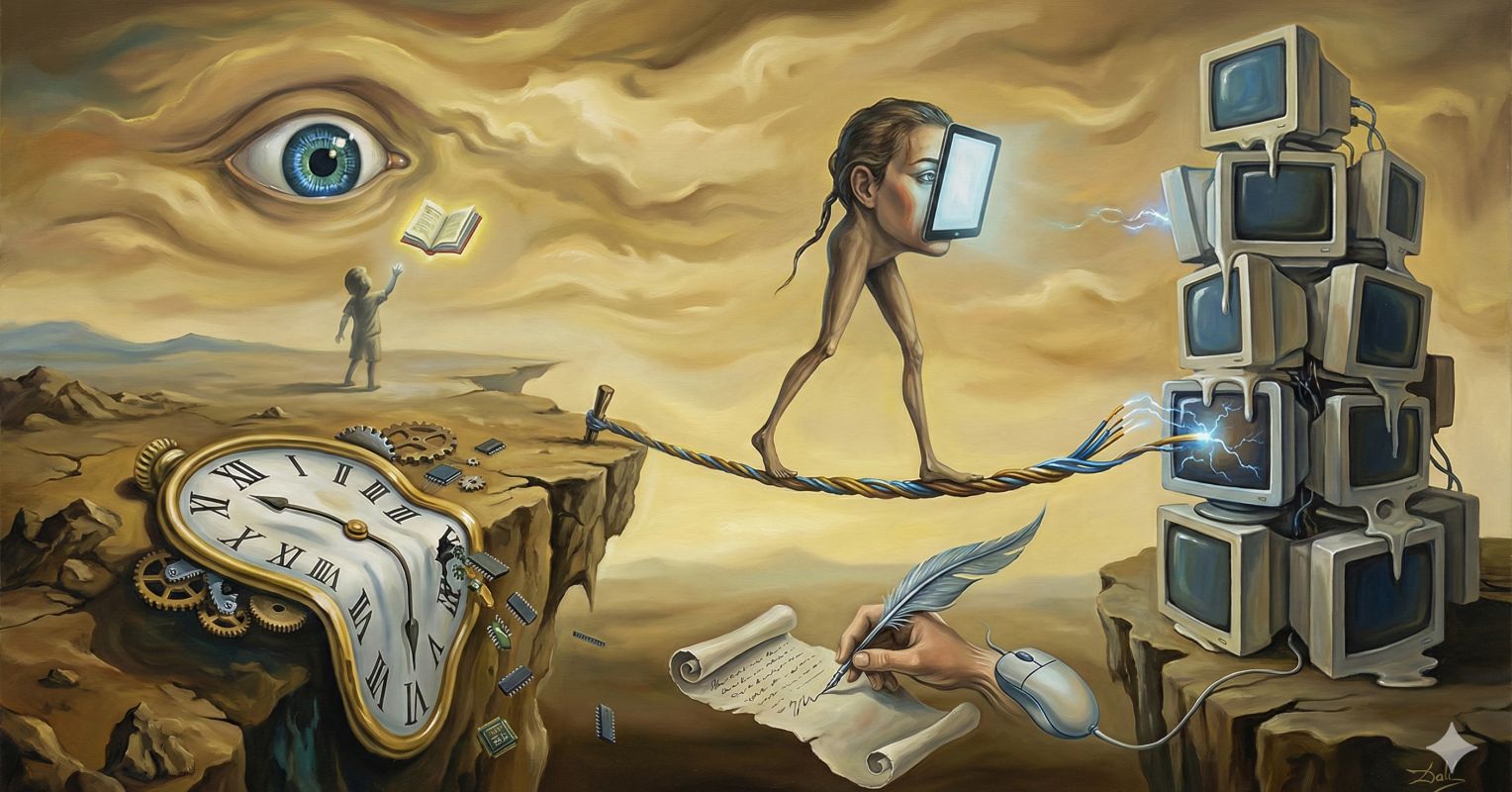#cognitive-offloading
#cognitive-offloading
[ follow ]
#critical-thinking #generative-ai #ai-ethics #artificial-intelligence #large-language-models #ai-in-healthcare
fromFast Company
2 weeks agoAre you outsourcing your intelligence to AI?
In fact, I didn't even think to ask ChatGPT what might work in my favor if I just stayed the course.I was a "LLeMming": a term Lila Shroff uses to describe compulsive AI users in The Atlantic. Lila Shroff shares that just as the adoption of writing reduced our memory and calculators devalued basic arithmetic skills, AI could be atrophying our critical thinking skills.
Psychology
fromMedium
1 month agoWhen AI Thinks for Us, We Forget How to Think
Harry frowned. "I'm not seeing the value in it. Can you explain it clearly? Is there any other solution?" Tom leaned in. "This isn't making much sense. You could try this instead. It's simpler." Leina sighed. "Next time you present, put more thought into your reasoning." Meanwhile, Ron trembled with anxiety. He wanted to make a point but ended up rambling. This was his second failed attempt at defending his ideas.
Artificial intelligence
Artificial intelligence
fromAbove the Law
2 months agoThomson Reuters White Paper: The Future Is Here - It's Just Not Evenly Distributed - Above the Law
AI adoption is reducing lawyers' critical thinking through cognitive offloading, risking atrophy of analytical skills and increased overreliance on automated tools.
fromPsychology Today
3 months agoAI Can Now See, Hear, Talk, Taste, and Act
You're at home, coffee in hand, scrolling through your personalized news brief. "SophAI," you say casually, "check the fridge and order what's missing." Your AI assistant responds instantly - warm, efficient, endlessly patient. It praises your choices, anticipates your needs, and never judges. SophAI is always there, always helpful, always agreeable. It feels good. Maybe too good. This is happening now.
Artificial intelligence
fromEntrepreneur
5 months agoHow to Unlock Your Inner Intelligence in an AI-Driven World | Entrepreneur
The originator of this concept, global humanitarian and spiritual leader Gurudev Sri Sri Ravi Shankar, recently spoke at Deakin University's Applied Artificial Intelligence Institute, exploring the theme of Absolute Intelligence versus Artificial Intelligence and the nature of our innate, embedded intelligence. The key factor is that, unlike artificial intelligence, Absolute Intelligence becomes accessible when your mind is calm and settled. It's a deeper intelligence that allows you to see more possibilities and make better decisions by tapping into your intuitive abilities.
Mindfulness
Artificial intelligence
fromPsychology Today
9 months agoAI Weakens Critical Thinking-And How to Rebuild It
AI tool usage negatively impacts critical thinking abilities.
Reliance on AI can weaken analytical and evaluative thinking.
Educational systems need to balance technology use with cognitive independence.
[ Load more ]




